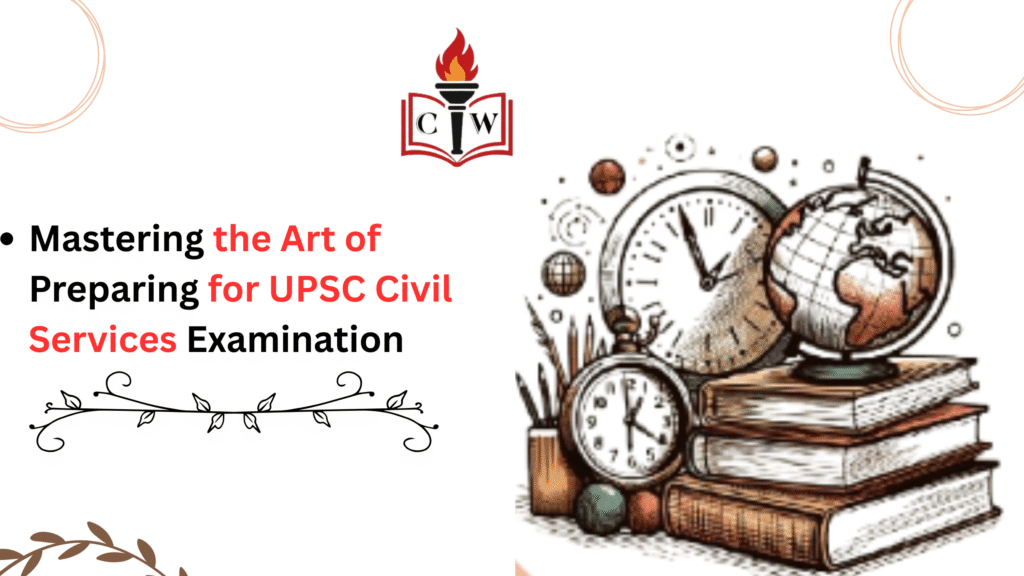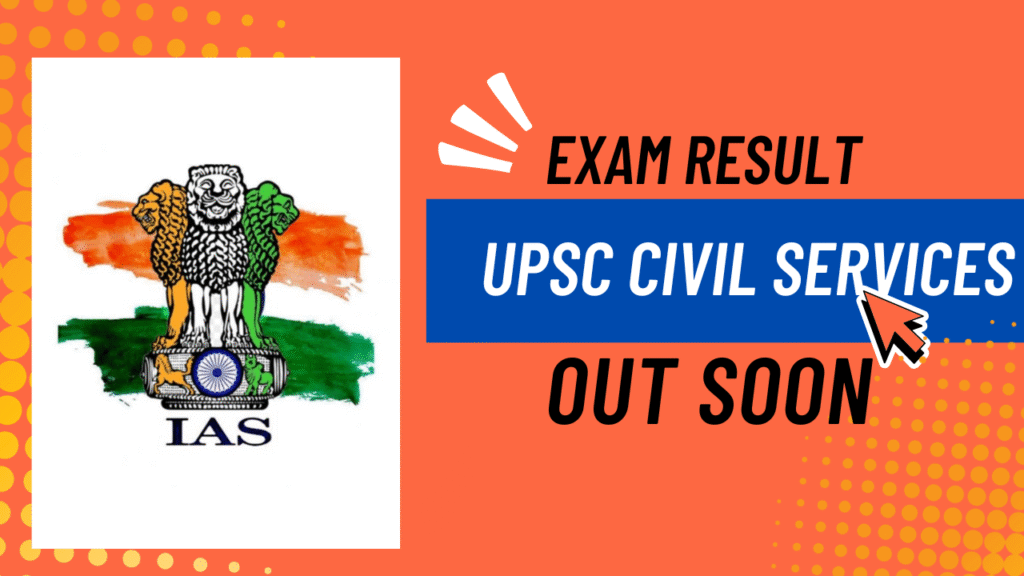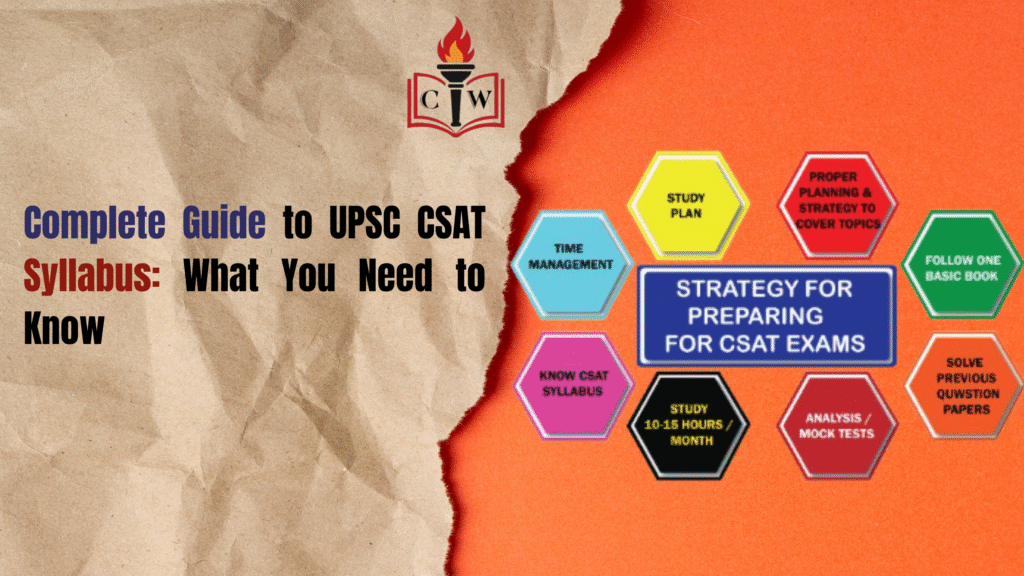DAILY CURRENT AFFAIRS IAS | UPSC Prelims and Mains Exam – 18th June – 2025
Archives (PRELIMS Focus) Evolution of Rice Category: SCIENCE AND TECHNOLOGY Context: A landmark study shows that rice plants can adapt to cold by altering gene expression through epigenetic changes—specifically in the gene ACT1 Decoding Context: ACT1 is active in warm temperatures, but exposure to cold triggers an epigenetic tag that turns on ACT1, helping the plant tolerate cold by producing a protective protein. Without this activation, rice plants struggle in cold conditions. Key Findings: These cold-induced epigenetic changes were retained across five generations, even when the original cold trigger was absent. The process provides evidence supporting Lamarckian inheritance—the idea that acquired traits during a lifetime can be passed down. This challenges the traditional Darwinian model, which emphasizes natural selection and DNA sequence mutations. The research suggests that plants can adapt rapidly to environmental stress using heritable epigenetic mechanisms. The Gist: ACT1 gene helps rice plants survive in the cold when epigenetically switched on. Changes observed support Lamarck’s theory in modern molecular terms. The discovery could impact crop improvement strategies, especially for climate resilience. Implication: This study offers a fresh perspective on inheritance and evolution, showing how environmental factors can trigger heritable changes without altering the DNA sequence itself. Learning Corner: Note on ACT1 Gene in Rice Plant The ACT1 gene in rice (Oryza sativa) encodes actin protein, a crucial component of the plant cell’s cytoskeleton. This gene is ubiquitously expressed in most rice tissues and is essential for various cellular and developmental processes. Key Features of ACT1 Gene: Gene Function: ACT1 encodes actin 1, a protein that helps in cell shape maintenance, cytoplasmic streaming, organelle movement, and cell division. Promoter Utility: The ACT1 promoter is widely used in plant biotechnology as a constitutive promoter, meaning it drives gene expression in almost all tissues throughout the plant’s life cycle. It is often preferred in transgenic rice for stable and high-level expression of introduced genes. Expression Profile: ACT1 is strongly and constitutively expressed in leaves, roots, stems, and reproductive organs, making it ideal for expressing transgenes in both vegetative and reproductive tissues. Biotechnological Applications: Used in gene overexpression studies. Employed in CRISPR/Cas9 systems for effective genome editing in rice. Important in studying plant-pathogen interactions and stress responses. Source: THE HINDU Shakti – 2025 Category: INTERNATIONAL Context: India-France Joint Military Exercise Shakti – 2025. Overview: A 90-member Indian Army contingent has departed for France to participate in the 8th edition of Exercise Shakti, scheduled from June 18 to July 1, 2025, at Camp Larzac, La Cavalerie, in southern France. Key Highlights: Indian Representation: Jammu and Kashmir Rifles battalion along with personnel from other units. French Representation: 13th Foreign Legion Half-Brigade (13th DBLE). Objective: Enhance counter-terrorism capabilities, tactical cooperation, and interoperability. Significance: Strengthens defense ties and strategic partnership between India and France. Nature: Biennial military exercise. Learning Corner: Exercise Name Partner Country/Group Type Branch Involved Focus/Remarks Yudh Abhyas United States Bilateral Army Counter-insurgency and interoperability Tiger Triumph United States Bilateral Tri-services Amphibious operations Cope India United States Bilateral Air Force Air combat training MALABAR US, Japan, Australia Multilateral Navy Indo-Pacific security and naval cooperation INDRA Russia Bilateral Tri-services Strategic cooperation, anti-terror ops Garuda France Bilateral Air Force Air warfare training Varuna France Bilateral Navy Maritime security and coordination Shakti France Bilateral Army Counter-terrorism and tactical ops Ajeya Warrior United Kingdom Bilateral Army Counter-insurgency operations Konkan United Kingdom Bilateral Navy Maritime operations Indra Dhanush United Kingdom Bilateral Air Force Air combat tactics AUSINDEX Australia Bilateral Navy Maritime interoperability AUSTRA HIND Australia Bilateral Army Peacekeeping and HADR JIMEX Japan Bilateral Navy Maritime security and interoperability Dharma Guardian Japan Bilateral Army Counter-insurgency Surya Kiran Nepal Bilateral Army Jungle warfare and mountain ops Sampriti Bangladesh Bilateral Army Counter-terrorism Bongosagar Bangladesh Bilateral Navy Maritime cooperation Mitra Shakti Sri Lanka Bilateral Army Counter-terrorism and HADR SLINEX Sri Lanka Bilateral Navy Maritime cooperation Ekuverin Maldives Bilateral Army Counter-insurgency Maitree Thailand Bilateral Army Jungle warfare and disaster response VINBAX Vietnam Bilateral Army United Nations peacekeeping training Nomadic Elephant Mongolia Bilateral Army Counter-insurgency in mountainous terrain RIMPAC US-led Multinational Multilateral Navy World’s largest naval exercise MILAN Multinational (hosted by India) Multilateral Navy Naval diplomacy and cooperation SCO Peace Mission SCO Members (incl. China, Russia) Multilateral Army Anti-terror and joint ops training Cobra Gold Thailand + Indo-Pacific partners Multilateral (Observer) Army/Navy Humanitarian and military cooperation Source: THE HINDU Grand Cross of the Order of Makarios III Category: INTERNATIONAL Context : Prime Minister Narendra Modi was conferred with the Grand Cross of the Order of Makarios III, the highest civilian honour of Cyprus. The award was presented by President Nikos Christodoulides in recognition of PM Modi’s contributions to strengthening India-Cyprus ties and global cooperation. Significance of the Award: Named after Archbishop Makarios III, Cyprus’s first President. Established in 1991, it is awarded to distinguished global figures for contributions to peace, diplomacy, and international relations. The Grand Cross is among the highest ranks within the order. Prime Minister’s Remarks: PM Modi dedicated the honour to 1.4 billion Indians, reflecting India’s cultural values and global commitment to peace and cooperation, invoking the spirit of “Vasudhaiva Kutumbakam” – the world is one family. Learning Corner: List of major international awards and honours conferred upon Prime Minister Narendra Modi by various foreign countries, Award Conferred By (Country) Year Reason / Significance Order of the Nile Egypt 2023 Egypt’s highest state honour for strengthening bilateral relations Companion of the Order of Logohu Papua New Guinea 2023 For championing Global South solidarity Grand Companion of the Order of Fiji Fiji 2023 For leadership and global contributions Ebakl Award Republic of Palau 2023 First foreign head to receive this traditional honour for strengthening Pacific ties Order of the Druk Gyalpo Bhutan 2021 Bhutan’s highest civilian award for India-Bhutan ties Legion of Merit United States 2020 For strengthening Indo-U.S. strategic partnership Order of St. Andrew the Apostle Russia 2019 Russia’s highest civilian award for fostering ties and strategic partnership Order of Zayed United Arab Emirates 2019 UAE’s highest civilian award for strengthening ties King Hamad Order of the Renaissance Bahrain 2019 For
DAILY CURRENT AFFAIRS IAS | UPSC Prelims and Mains Exam – 18th June – 2025 Read More »










